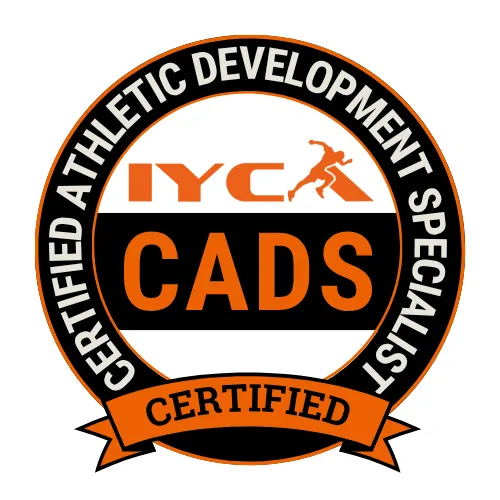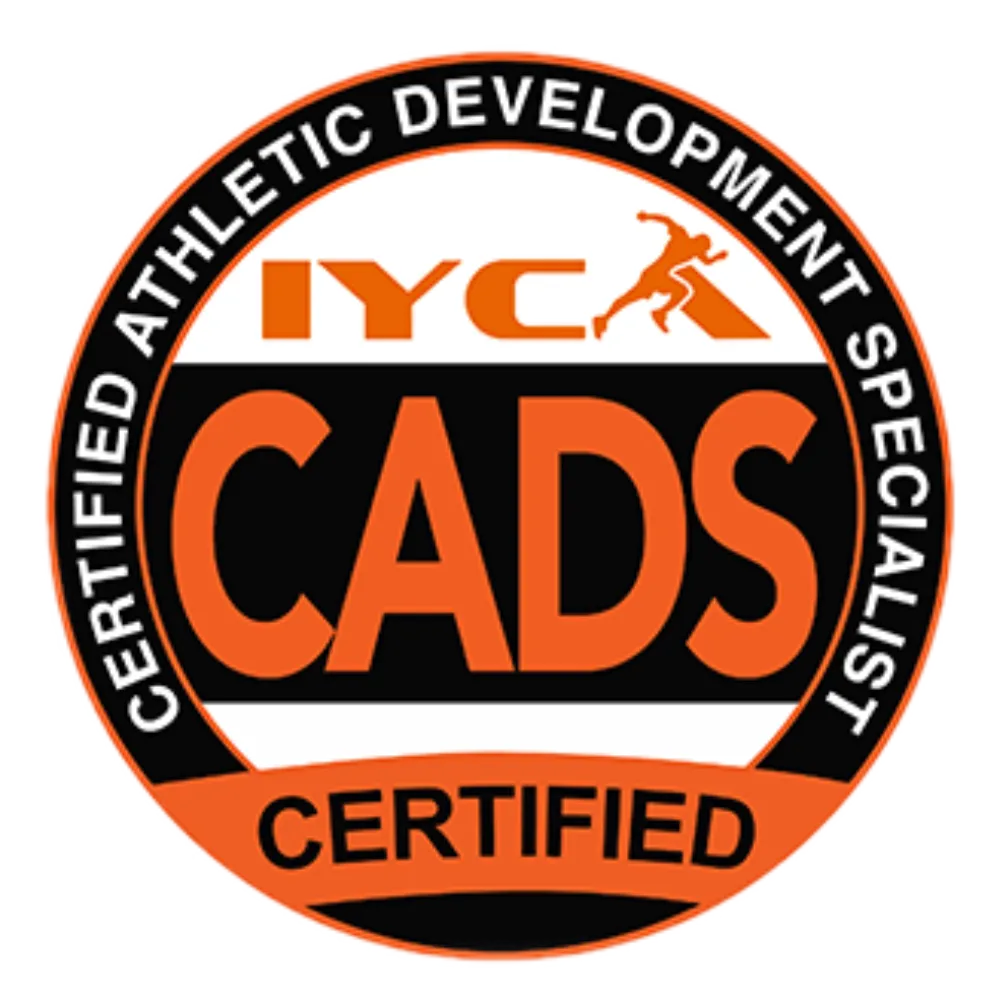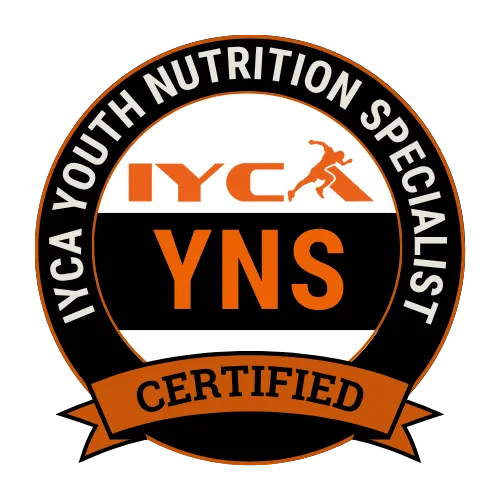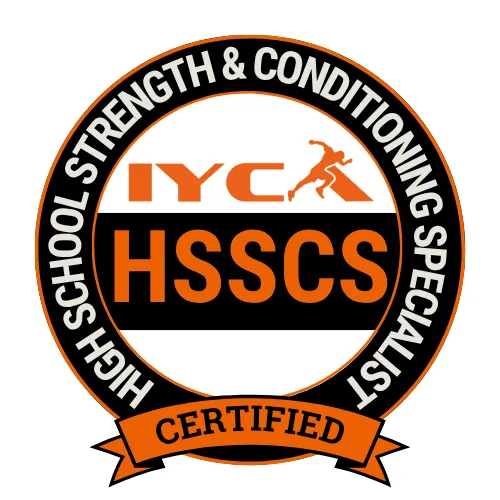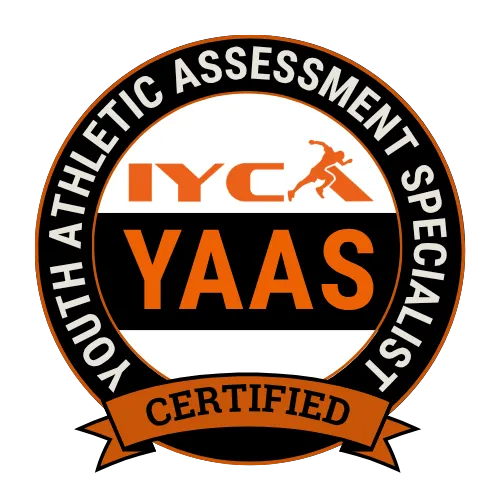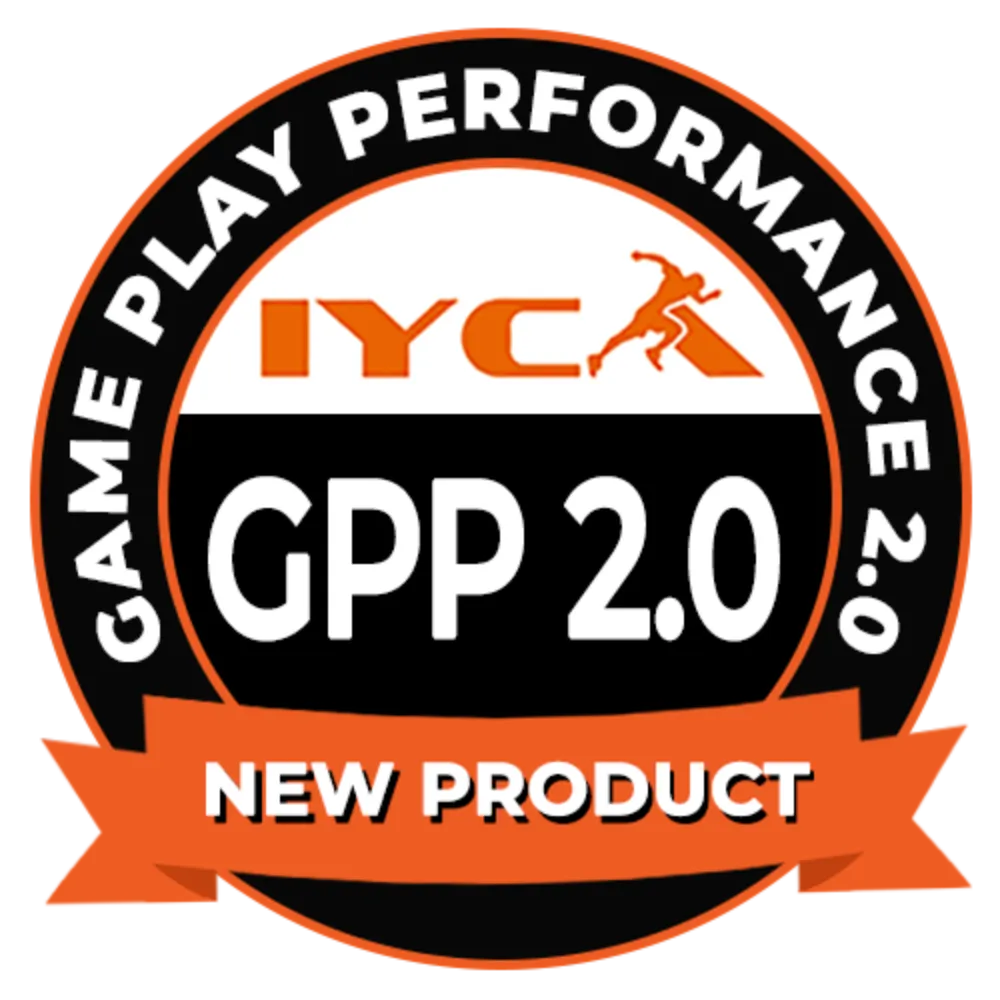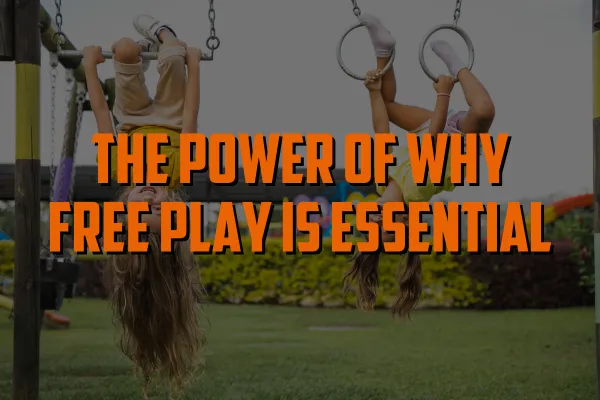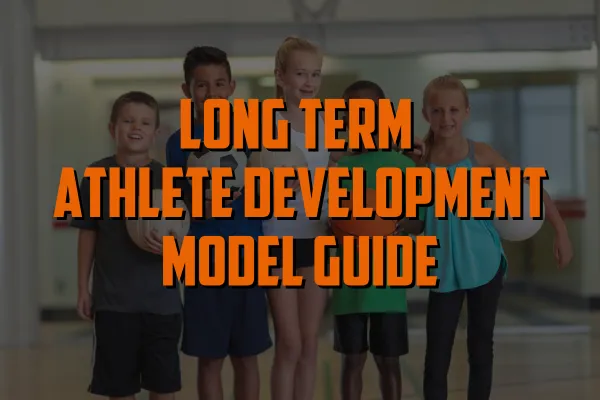
Elevating
the
Standard
in Youth Sports & Athletic Development
Transforming the way coaches train and coach our youth—backed by science, built for success.
Elevating
the
Standard
in Youth Athletic Development
Transforming the way coaches train and coach our youth—backed by science, built for success.
YOUR IMPACT MATTERS

IYCA Certified Coaches
Globally
3,200+

The Ripple Effect
Athletes Impacted
1,738,550

2030 Goal
Athletes Impacted
2 Million
IYCA MISSION
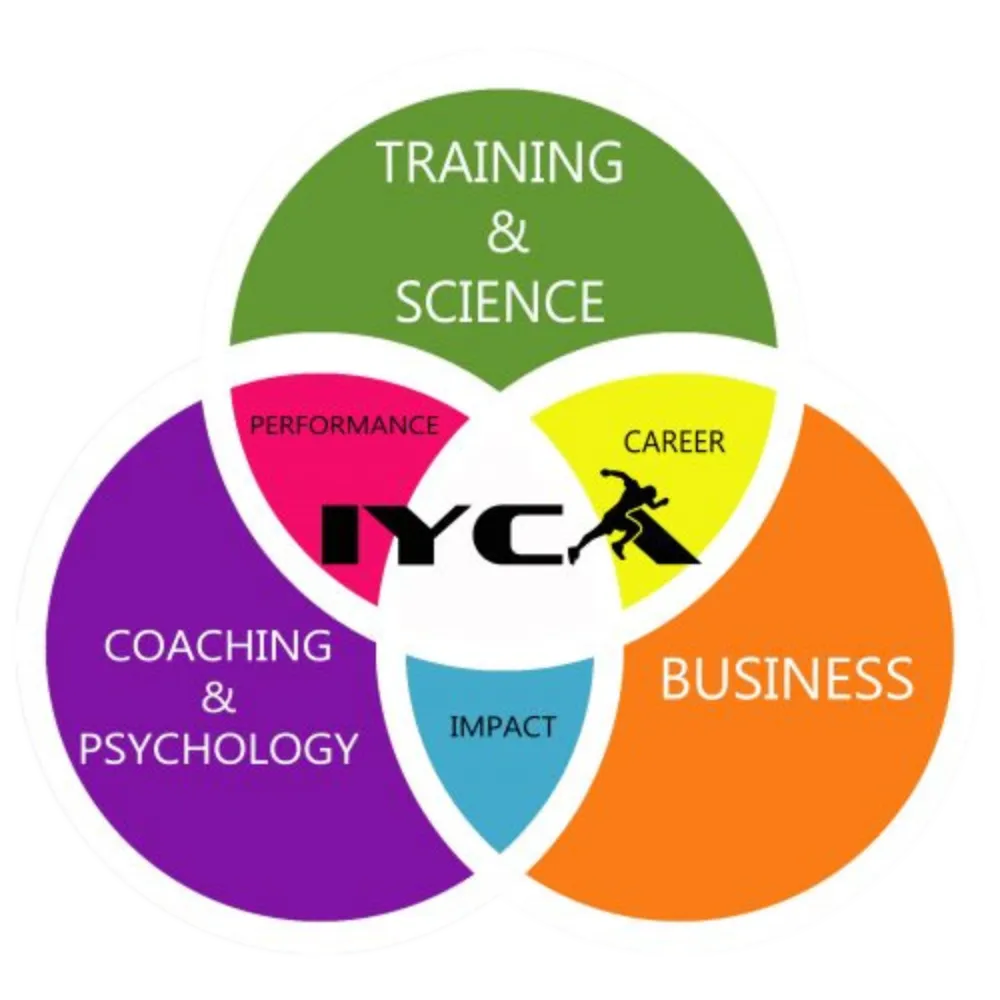
IYCA MISSION
The mission of the IYCA is to educate, equip, and empower coaches to deliver science-based, age-appropriate training that supports the long-term development of young athletes.
We are committed to raising the standard in youth sports, athletic performance, injury prevention, and positive coaching through innovative certification programs, practical tools, and a global community of dedicated professionals.
It’s about making a positive impact on the world.
Educate. Elevate. Excellence.
Become an Impactful Coach

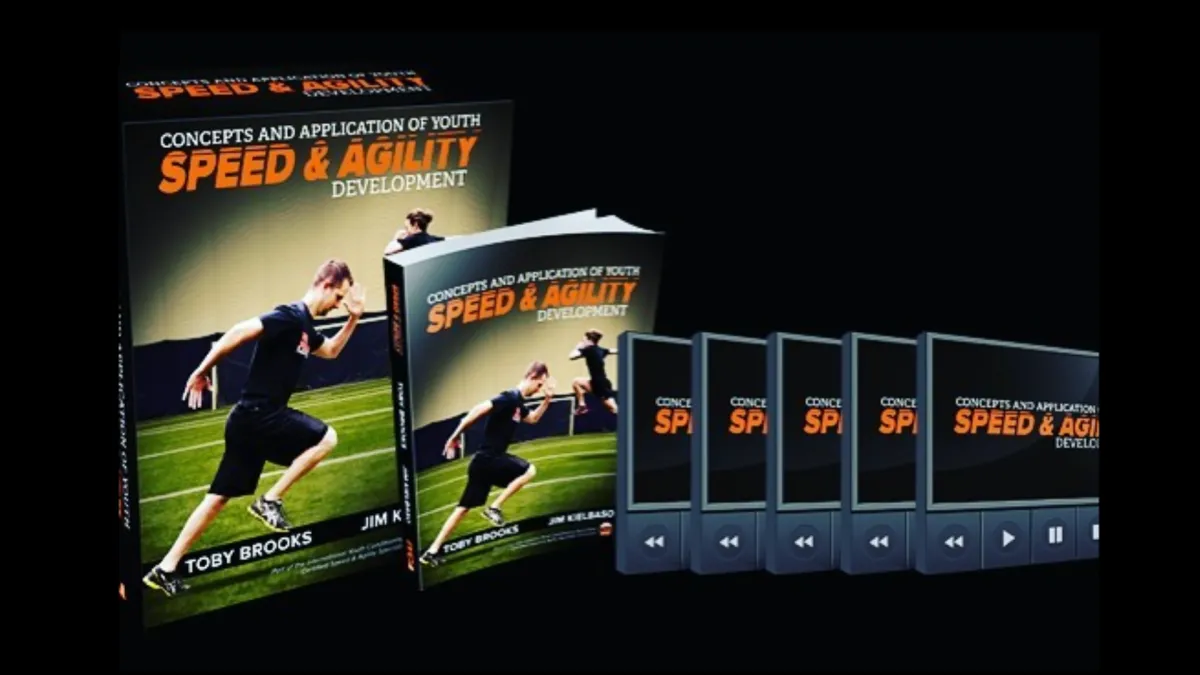
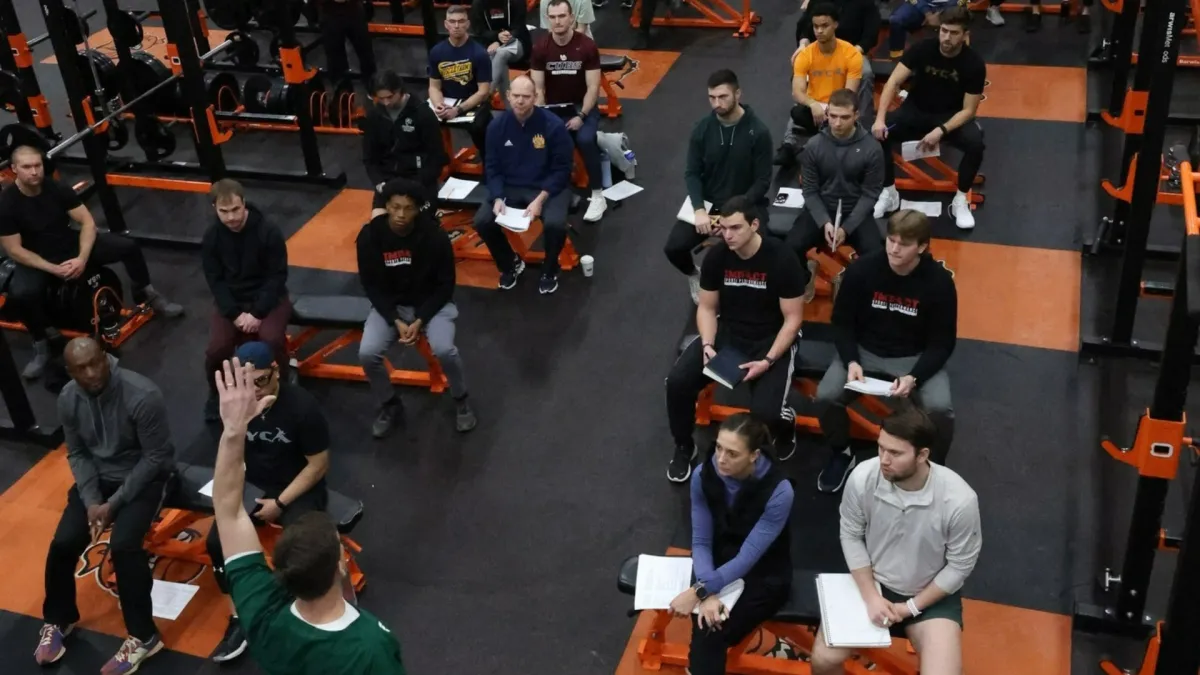
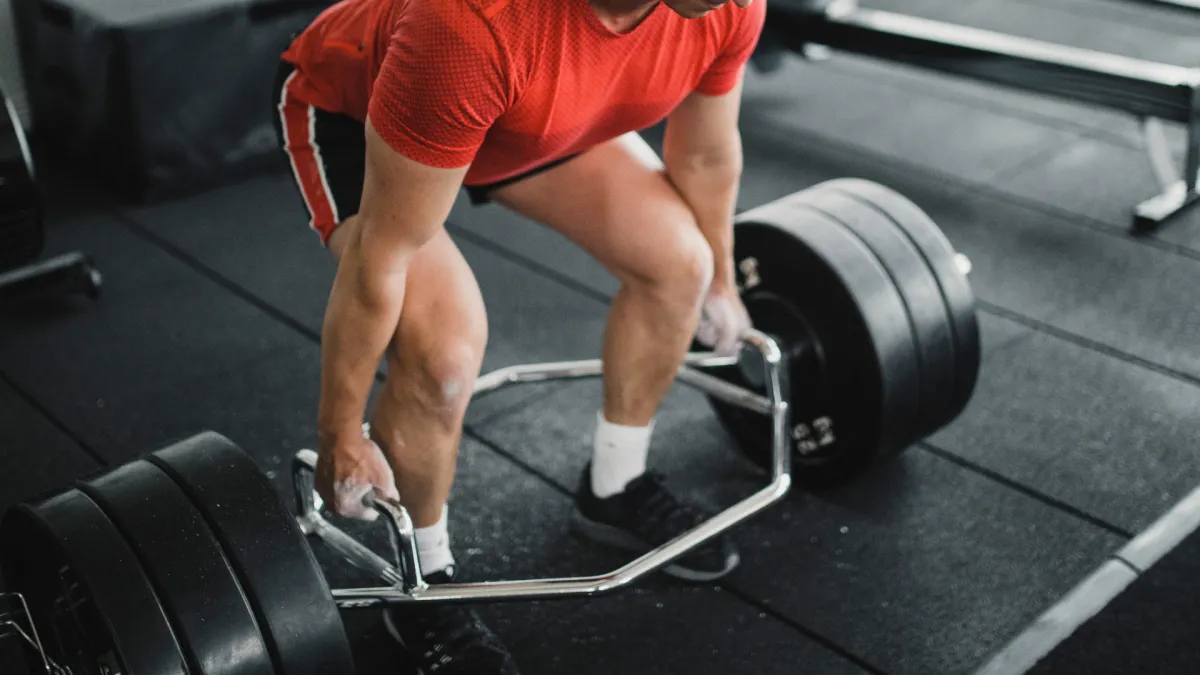
Coaches Love The IYCA

Great company with even better content. Jim and the IYCA crew really take the time and care about athlete and youth development. I no longer watch YouTube videos and think I’m an expert….
Bryan Palmer

Jim is a class act and the content provided for being an IYCA insider member, is worth it’s weight in gold. IYCA stands behind the LTAD model as do I, being an S&C coach!
DamondKristin Mathis

Amazing organization working endlessly to make all of us who work with youth athletes the best coaches we can be.
Rob Viramontes

We've bought tons of certs, been to live events, and have been insiders. Every level we worked with the IYCA, they always gave us great info and really engaged with us. We use their certs to train up young coaches and it's required at our facility.
Trev Warnke
As Seen










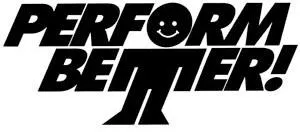

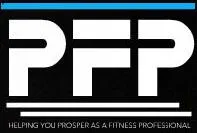







Join our IYCA Newsletter!
Copyright © 2008 - 2026 International Youth Coaching Association. All Rights Reserved
|
|

